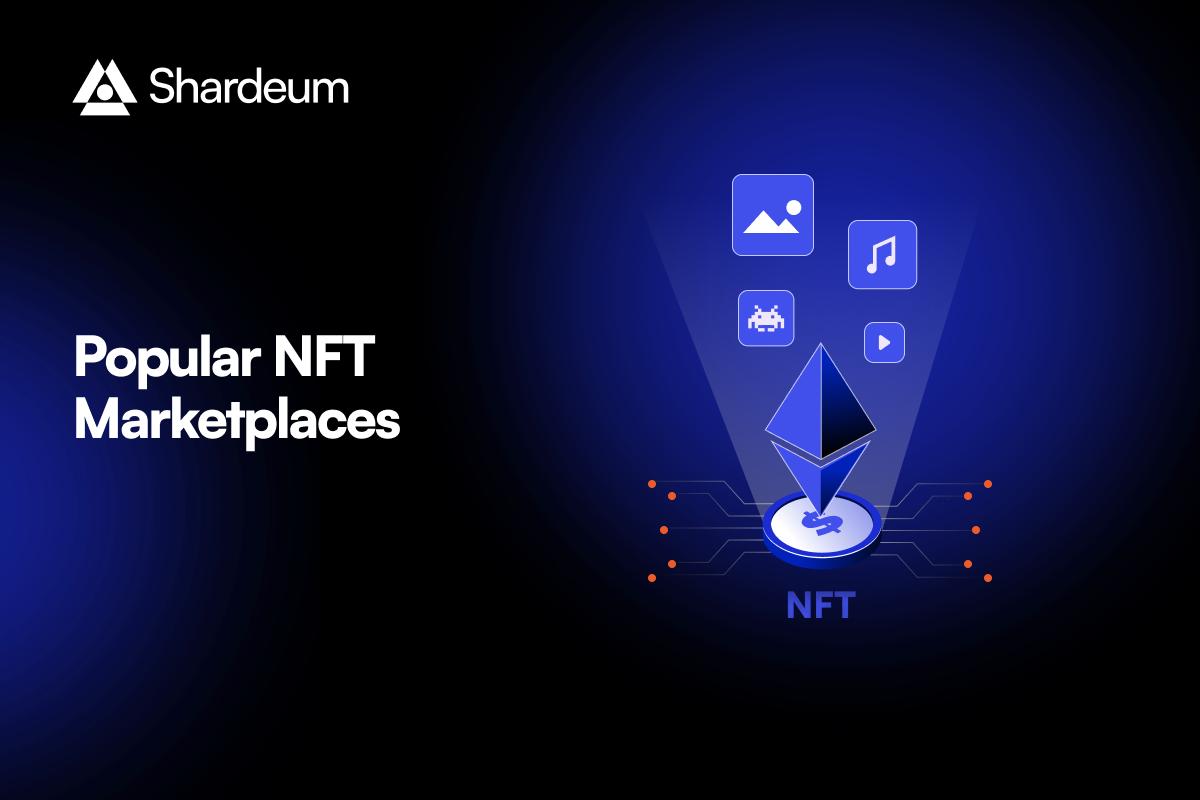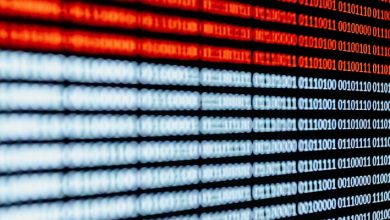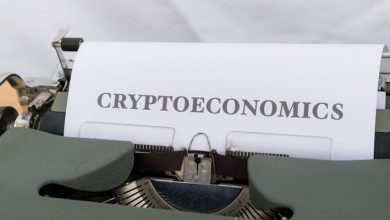The Best NFT Marketplaces: Pros and Cons

- Introduction to NFT Marketplaces
- Pros of Using NFT Marketplaces
- Cons of Using NFT Marketplaces
- Top NFT Marketplaces to Consider
- Tips for Buying and Selling NFTs on Marketplaces
- The Future of NFT Marketplaces
Introduction to NFT Marketplaces
NFT marketplaces have gained significant popularity in recent years as more artists, collectors, and investors look to participate in the digital art world. These platforms provide a space for buying, selling, and trading non-fungible tokens (NFTs), which are unique digital assets that represent ownership of a specific piece of art, music, or other digital content.
One of the key advantages of NFT marketplaces is the ability to reach a global audience of buyers and sellers. Artists can showcase their work to a wide range of potential collectors, while collectors can browse through a diverse selection of NFTs from around the world. This global reach can help artists gain recognition and increase the value of their digital creations.
Additionally, NFT marketplaces offer a secure and transparent way to buy and sell digital assets. Transactions are recorded on the blockchain, providing a permanent and tamper-proof record of ownership. This level of transparency can help prevent fraud and ensure that both buyers and sellers are protected throughout the transaction process.
However, there are also some drawbacks to consider when using NFT marketplaces. One potential downside is the high fees associated with buying and selling NFTs. These fees can vary depending on the platform, but they can eat into the profits of both artists and collectors. Additionally, the volatile nature of the cryptocurrency market can impact the value of NFTs, leading to potential losses for investors.
Overall, NFT marketplaces offer a unique opportunity for artists, collectors, and investors to participate in the digital art world. By understanding the pros and cons of these platforms, individuals can make informed decisions about buying, selling, and trading NFTs.
Pros of Using NFT Marketplaces
There are several advantages to using NFT marketplaces that make them an attractive option for both creators and collectors. One of the main benefits is the ability to reach a global audience, allowing artists to showcase their work to a wider range of potential buyers. Additionally, NFT marketplaces provide a secure and transparent platform for buying and selling digital assets, giving users peace of mind when conducting transactions.
Another advantage of NFT marketplaces is the potential for artists to earn royalties on their work. Unlike traditional art sales where artists only make money from the initial sale, NFTs can be programmed to automatically pay out royalties to the creator each time the asset is resold. This can provide a steady stream of income for artists and incentivize them to continue creating new work.
Furthermore, NFT marketplaces offer a level of authenticity and provenance that is often lacking in the digital art world. By using blockchain technology, NFTs can be verified as unique and original, giving buyers confidence in the legitimacy of their purchase. This can help to combat issues such as plagiarism and counterfeit art, making NFT marketplaces a more trustworthy option for collectors.
Cons of Using NFT Marketplaces
While NFT marketplaces offer many benefits, there are also some drawbacks to consider. One of the main cons of using NFT marketplaces is the high fees associated with buying and selling digital assets. These fees can eat into your profits and make it less lucrative to participate in the marketplace. Additionally, the lack of regulation in the NFT space can make it risky for buyers and sellers alike. Without proper oversight, there is a higher risk of scams and fraud.
Another downside of NFT marketplaces is the environmental impact of minting and trading non-fungible tokens. The process of creating NFTs requires a significant amount of energy, which can contribute to carbon emissions and environmental degradation. This has led to criticism of NFTs as being harmful to the planet.
Furthermore, the volatility of the cryptocurrency market can also be a concern when using NFT marketplaces. The value of digital assets can fluctuate wildly, making it difficult to predict how much your NFTs will be worth in the future. This can be a deterrent for those looking to invest in NFTs as a way to make a profit.
Top NFT Marketplaces to Consider
When it comes to buying and selling NFTs, there are several top marketplaces to consider. These platforms offer a wide range of digital assets, from art and collectibles to virtual real estate and domain names. Each marketplace has its own unique features and benefits, so it’s important to do your research before deciding where to list or purchase NFTs.
One popular NFT marketplace is OpenSea, which is known for its user-friendly interface and wide selection of digital assets. Another option is Rarible, which allows creators to mint their own NFTs and sell them on the platform. SuperRare is a curated marketplace that focuses on high-quality digital art, while Foundation is known for its exclusive invite-only model.
Other top NFT marketplaces to consider include Nifty Gateway, KnownOrigin, and Mintable. These platforms offer a variety of digital assets and cater to different types of creators and collectors. Whether you’re looking to buy, sell, or create NFTs, there’s a marketplace out there that’s right for you.
Before you start using an NFT marketplace, be sure to familiarize yourself with the platform’s fees, payment options, and security measures. It’s also a good idea to read reviews and testimonials from other users to get a sense of the marketplace’s reputation. By doing your due diligence, you can ensure a positive experience when buying and selling NFTs on these top marketplaces.
Tips for Buying and Selling NFTs on Marketplaces
When it comes to buying and selling NFTs on marketplaces, there are a few tips to keep in mind to ensure a smooth and successful experience. Here are some key points to consider:
- Research the marketplace: Before diving in, take the time to research different NFT marketplaces to find one that aligns with your goals and values. Look at factors such as fees, user interface, and reputation.
- Understand the process: Familiarize yourself with how buying and selling NFTs works on the marketplace you choose. This includes creating an account, connecting a digital wallet, and listing or purchasing NFTs.
- Set a budget: Determine how much you are willing to spend on NFTs and stick to it. It can be easy to get caught up in the excitement of the marketplace, so having a budget in place can help prevent overspending.
- Do your due diligence: Before buying an NFT, research the creator, the asset itself, and any associated rights or licenses. This can help you make informed decisions and avoid potential issues down the line.
- Stay informed: Keep up to date with the latest trends and developments in the NFT space. This can help you identify valuable opportunities and make strategic decisions when buying or selling NFTs.
By following these tips, you can navigate the world of NFT marketplaces with confidence and maximize your chances of success. Whether you are a seasoned collector or new to the NFT scene, being informed and prepared is key to making the most of your NFT transactions.
The Future of NFT Marketplaces
The future of NFT marketplaces is promising as the popularity of non-fungible tokens continues to grow. These digital assets have opened up new opportunities for artists, creators, and collectors to buy, sell, and trade unique digital items. As more people become aware of NFTs and their potential value, the demand for NFT marketplaces is expected to increase.
One of the key trends in the future of NFT marketplaces is the development of more user-friendly platforms that make it easier for people to mint, buy, and sell NFTs. This will help to attract a wider audience and encourage more participation in the NFT market. Additionally, we can expect to see more integration with social media platforms and other online communities, making it easier for creators to promote their work and reach a larger audience.
Another important aspect of the future of NFT marketplaces is the development of more secure and transparent systems for buying and selling NFTs. As the market continues to grow, there will be a greater need for trust and security to protect both buyers and sellers. This will require the implementation of robust verification processes and smart contracts to ensure that transactions are secure and transparent.




